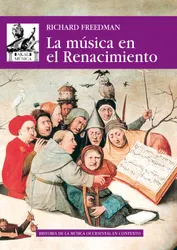This course is not designed as a chronological survey of musical history and its many stylistic periods or moments, nor an exploration of the lives and output of individual composers. Instead, these lectures focus on the development of listening skills. Through this course you will develop new levels of aural awareness that will allow you to better appreciate the richness, complexity and excitement at the heart of all great concert music. Music is a performative art. It stresses movement through time and engages our suggestive sense of its passing. Music has tendency, it normally invokes goals of various sorts, both near and far. Music has closure, a sensation not just of ending, but of expecting no more. Music also has accent. It is a dynamic process of stresses and nuance that often varies in dimension from one performance to the next. My approach in this course will by design be thematic and eclectic. It will juxtapose styles and passages from different works designed to highlight a particular musical concept or aural effect. Don't worry about definitions, those are provided in the glossary at the end of this guide. Instead, concentrate on the musical examples themselves.
Understanding the Fundamentals of Classical Music
Kom i gang med denne boken i dag for 0 kr
- Få full tilgang til alle bøkene i appen i prøveperioden
- Ingen forpliktelser, si opp når du vil
Forfatter:
Oppleser:
Språk:
engelsk
Format:
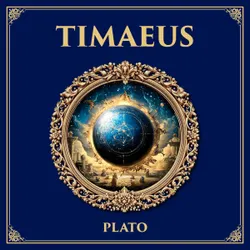
Timaeus : Plato’s Vision of the Cosmos – A Dialogue on Creation, Nature, and the Divine Mind

The Bodhicaryavatara : A Guide to the Buddhist Path to Awakening
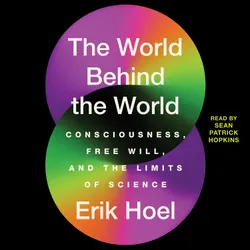
The World Behind the World : Consciousness, Free Will, and the Limits of Science

The Back Story on Spine Care : A Surgeon's Insights on Relieving Pain and Advocating for the Right Treatment to Get Your Life Back
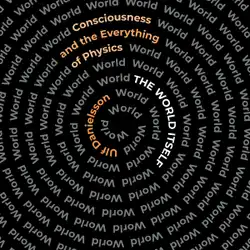
The World Itself : Consciousness and the Everything of Physics

The Poetry of Touch - Alchemy, Transformation & Oriental Medicine

Othello

The Oxford Handbook of Lord Byron
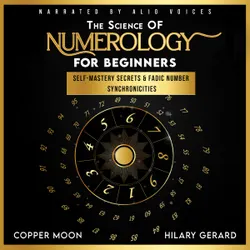
The Science of Numerology for Beginners : Self-Mastery Secrets & Fadic Number Synchronicities
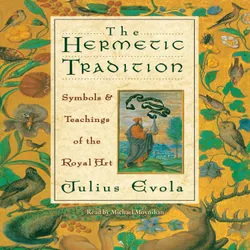
The Hermetic Tradition : Symbols and Teachings of the Royal Art
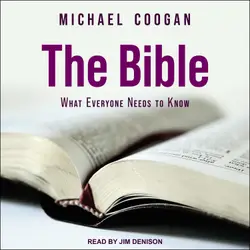
The Bible : What Everyone Needs to Know

Tao Tantric Arts for Women : Cultivating Sexual Energy, Love, and Spirit

